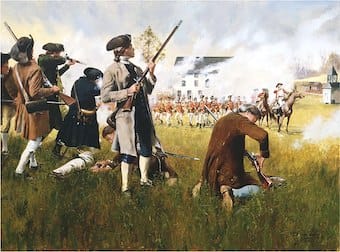The authors of the ‘Cato Letters’, writing in the 1720s, traced a link between light regulation and national prosperity. In free countries, they said, those who work hard knew their profits would not be taken from them in arbitrary seizures, high taxes or costly trade deals, and investors were not afraid to take risks or make ambitious plans.
In free countries (the authors went on) goods are cheap, credit is easy, new discoveries and inventions flow, and every man can pursue his dream. But in countries where the State can do as it pleases, simply being wealthy attracts the notice of grasping officials, and there is an atmosphere of well-deserved suspicion and distrust that soon stifles business.
117 words



